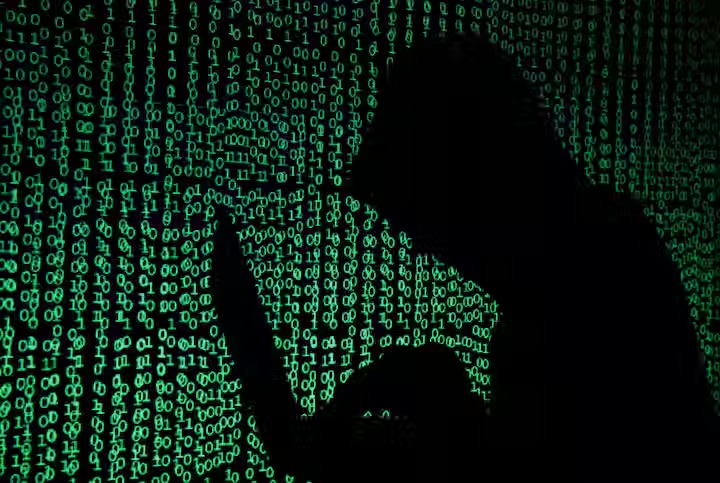Philippines Reports Foreign Cyber Intrusions Targeting Intelligence Data, No Breaches Detected
- Nikolai Theo
- Feb 20, 2025
- 2 min read

The Philippines has identified foreign attempts to access intelligence data, but no breaches have been recorded, according to the country’s cyber minister.
Ivan Uy, Minister for Information and Communications, stated that Advanced Persistent Threats (APTs)—a term for state-backed or highly organized cyber actors—have repeatedly attempted to infiltrate government systems. However, these efforts have been unsuccessful, suggesting that the nation's cybersecurity defenses remain robust.
“These threats have been present for quite some time, and most originate from foreign actors,” Uy told Reuters.
Foreign Cyber Threats and Government Response
Some of these cyber intrusions, described as “sleepers,” had been embedded within government systems before being uncovered by cybersecurity efforts. Uy questioned how these threats could operate undetected for extended periods.
So far, there have been no recorded cyberattacks targeting critical infrastructure. Uy expressed hope that the country’s cybersecurity measures are sufficient to deter such threats.
Despite this, attributing cyber intrusions to specific attackers remains a challenge, as perpetrators often leave misleading digital traces. The government is actively working through diplomatic channels and collaborating with the military and international partners to validate threats and strengthen defenses.
In 2024, the Philippines reported thwarting hacking attempts linked to China, which targeted websites and email systems of government agencies, including those related to maritime security.
The Cyber Battlefield: A Digital Arms Race
Uy described the evolving cyber threats as part of a global arms race, where nations and cybercriminal organizations exploit digital vulnerabilities for strategic and financial gain.
“World War III is happening in cyberspace,” Uy said. “These weapons are non-kinetic—cyber, digital, virtual—but the attacks and defenses are happening right now, without any physical manifestation.”
Beyond traditional cyberattacks, Uy also flagged the increasing use of deepfake technology and disinformation campaigns ahead of the Philippines’ midterm elections in May. The ministry has deployed countermeasures to combat the spread of misleading information.
“Misinformation and disinformation pose significant risks to democracies like ours, as elections rely on informed public opinion,” Uy warned.
The Philippine government remains vigilant in its cybersecurity efforts, reinforcing defenses and collaborating with allies to protect national security in an increasingly digital world.




Comments